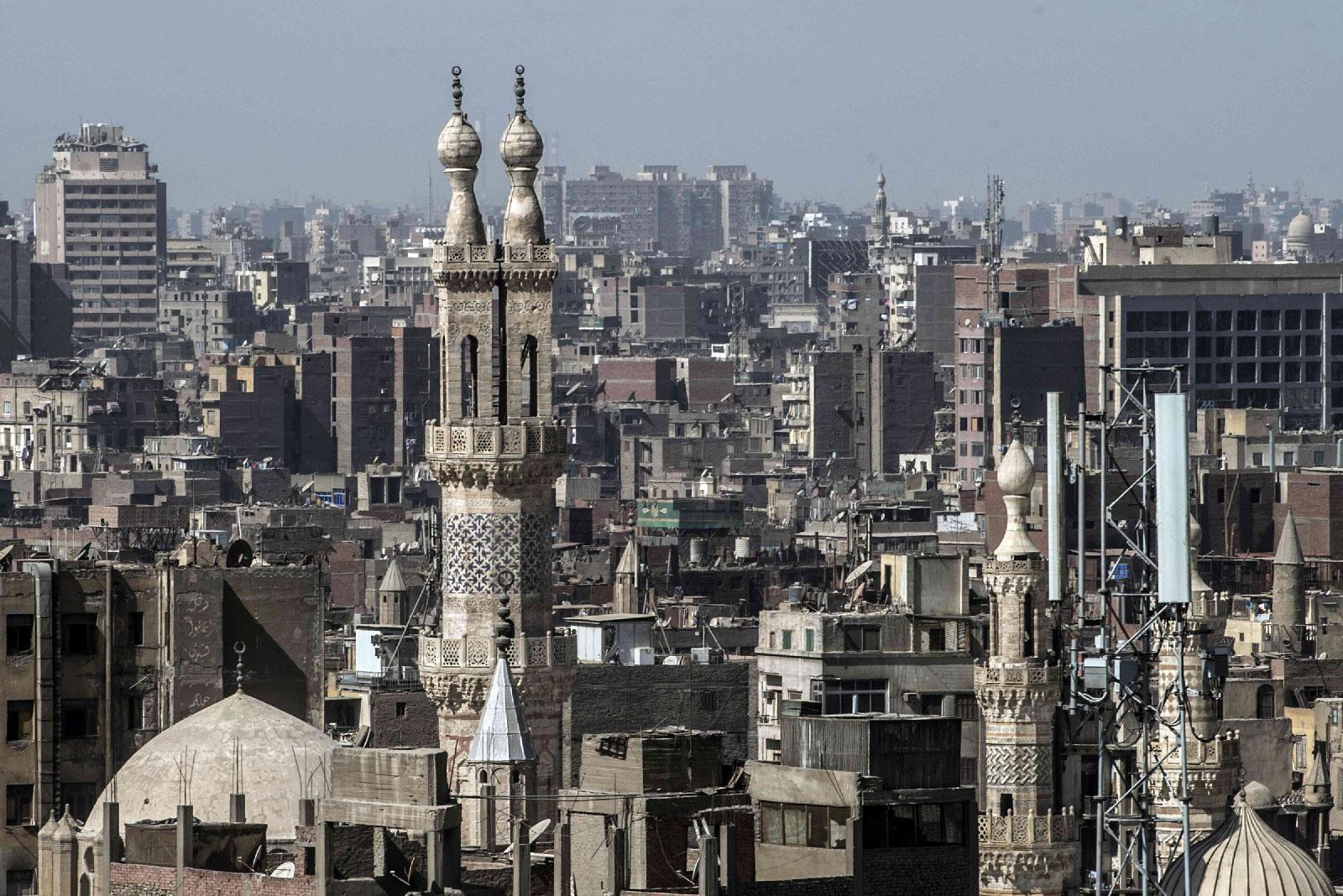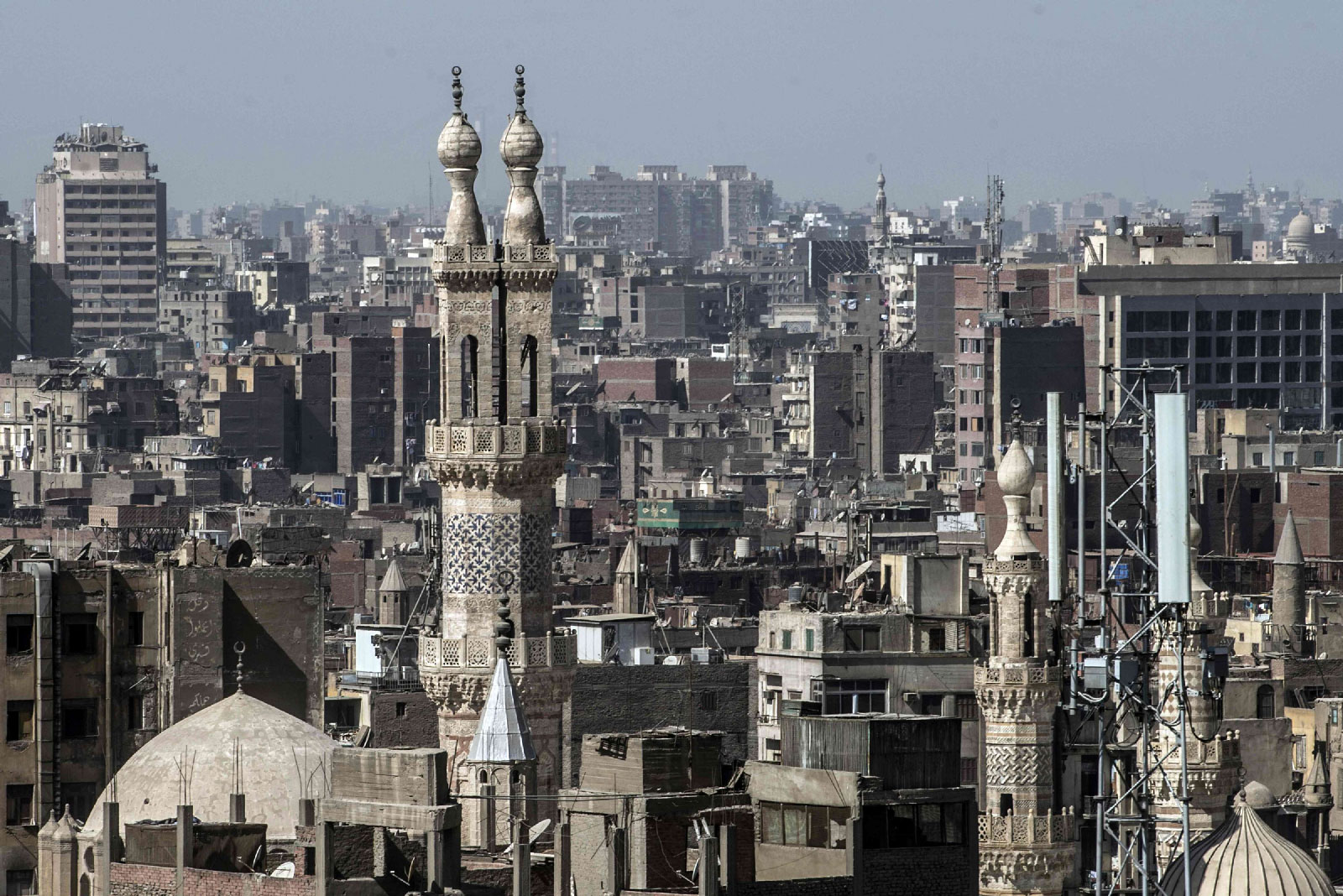Urging rethink at al-Azhar
A female university student was expelled after she was seen on a video embracing a man.
The woman in the video, which appeared to be a marriage proposal, is a student at Cairo’s al-Azhar University, considered the most authoritative centre of learning in the Sunni Muslim world.
On learning of the woman’s plight, al-Azhar Grand Imam Ahmed Tayeb called on the university’s disciplinary board to “reconsider the punishment.”
He cited the student’s age and educational future, although Tayeb did say her conduct off-campus — the video was made at Mansoura University, in northern Egypt, where the man filmed is a student — was “unacceptable” and unbecoming for “religious and oriental traditions.”
Al-Azhar spokesman Hany Helal said the disciplinary board “decided to expel the student for two years” although she can appeal the decision. After Tayeb intervened, the woman was reinstated, although she was barred from taking the first half of her exams.
Al-Azhar is touted as standing for Islamic moderation but critics often accuse the institution of failing to modernise its teachings to counter extremism.
Indeed, modernising in Islam, especially in the more conservative Sunni branch, has always proven problematic to those who want to see their religion advance with the time in which we live.
The solution to the problem that the Muslim community faces can only come to the community through reintroducing ijtihad. Reopening the gates of ijtihad would allow Muslims “to reinterpret Islam for the 21st century,” as stated an August 2004 report produced by the United States Institute of Peace.
“The practice of ijtihad,” stated the report, compiled with the participation of respected Muslim scholars, “must be revived.” Ijtihad — or hermeneutics — refers to the institutionalised practice of interpreting Islamic law (sharia) to take into account changing historical circumstances and, therefore, different points of view.
Ijtihad is the independent or original interpretation of problems not covered by the Quran, the Hadith or scholarly consensus (ijma).
In the early days of the Muslim community, every adequately qualified jurist had the right to exercise such original thinking. However, fearing too much change would weaken their political clout, religious scholars closed the gates of ijtihad to Sunni Muslims about 500 years ago. From then on, scholars and jurists were to rely only on the original meaning and earlier interpretations of the Quran and the Hadith.
However, there is a growing movement among scholars and intellectuals to revive ijtihad.
Today, Muslim society is experiencing turbulence; the wars in Iraq and Afghanistan, the occupation of Palestinian lands, the frustrations caused by oppressive regimes and the absence of democracy have all conspired to give birth to a radical, politicised and violent form of Islam, whose adherents have turned to terror as a means of achieving their aims. They have politicised Islam.
Some scholars say Islam and the West are headed for a clash of civilisations. Many disagree, arguing that the real clash is between diverging ideas within Islam itself. The clash is between the politicised Islam of a radical element that has turned to violence as a means of expressing itself and the mainstream majority, which remains largely silent.
As in most conflicts, solutions can only come from within. Similarly, the cure for finding what ails some Muslim communities can only emerge from Islam itself; resolutions cannot be imposed by the West. Before that can come to pass two things must happen.
First, the Muslim mainstream must play a greater role in its community and, second, it must be given an authoritative tool enabling it to enact positive changes. That tool is ijtihad.
The reintroduction of ijtihad enjoys the support of a growing number of scholars, intellectuals and Islamic institutions in the West and in the Arab and Muslim world, including the top religious figures in Saudi Arabia and Turkey.
The general strategy is to expand the base of moderates but, as several experts warned, as long as there were bad things happening in Iraq and the Palestinian territories, negative events would be prolonged in the rest of the world.
The roadblocks to ijtihad are numerous. A preliminary study shows that the Muslim world remains divided over who should have the authority to implement ijtihad and how much should be allowed to change. There is no religious hierarchy in Sunnism, the branch of Islam that dominates the Muslim world, as there is in Shiism.
Still, some say that with time, effort and education, ijtihad will eventually be reintroduced, allowing important changes to be made.
Claude Salhani is a regular columnist for The Arab Weekly.
This article was originally published in The Arab Weekly.




